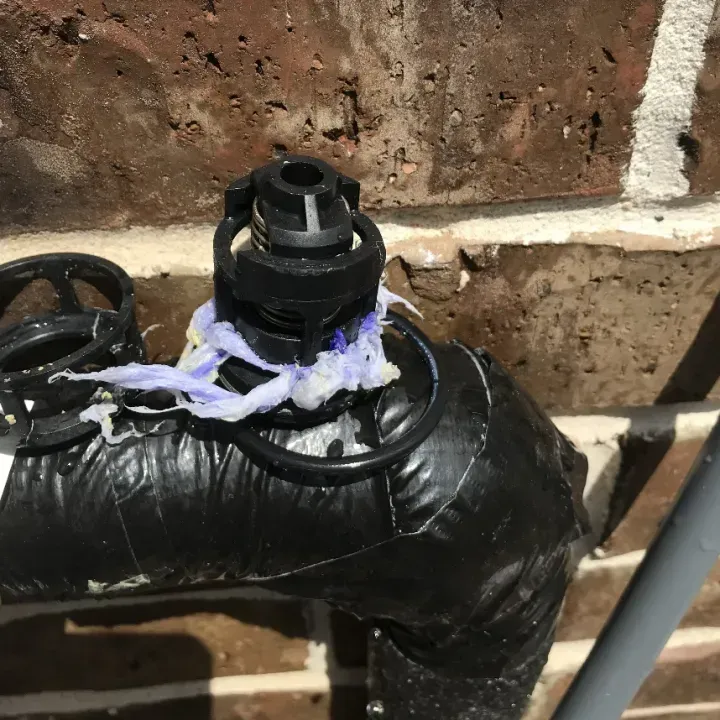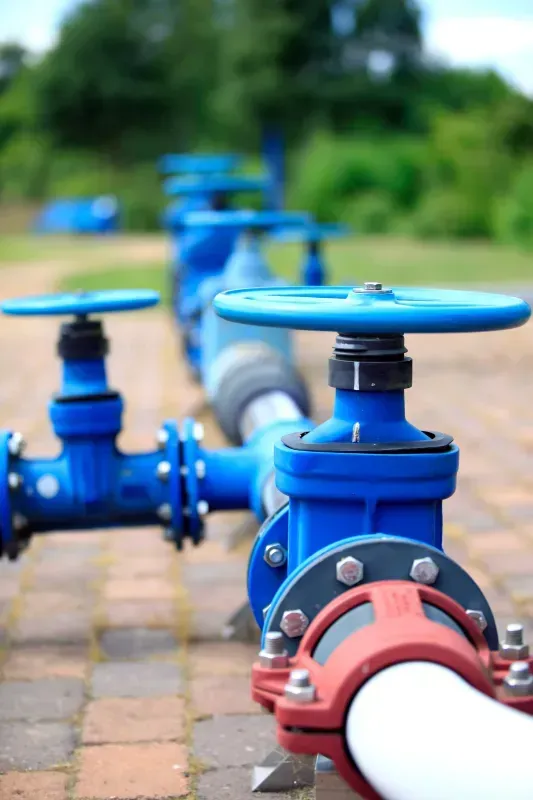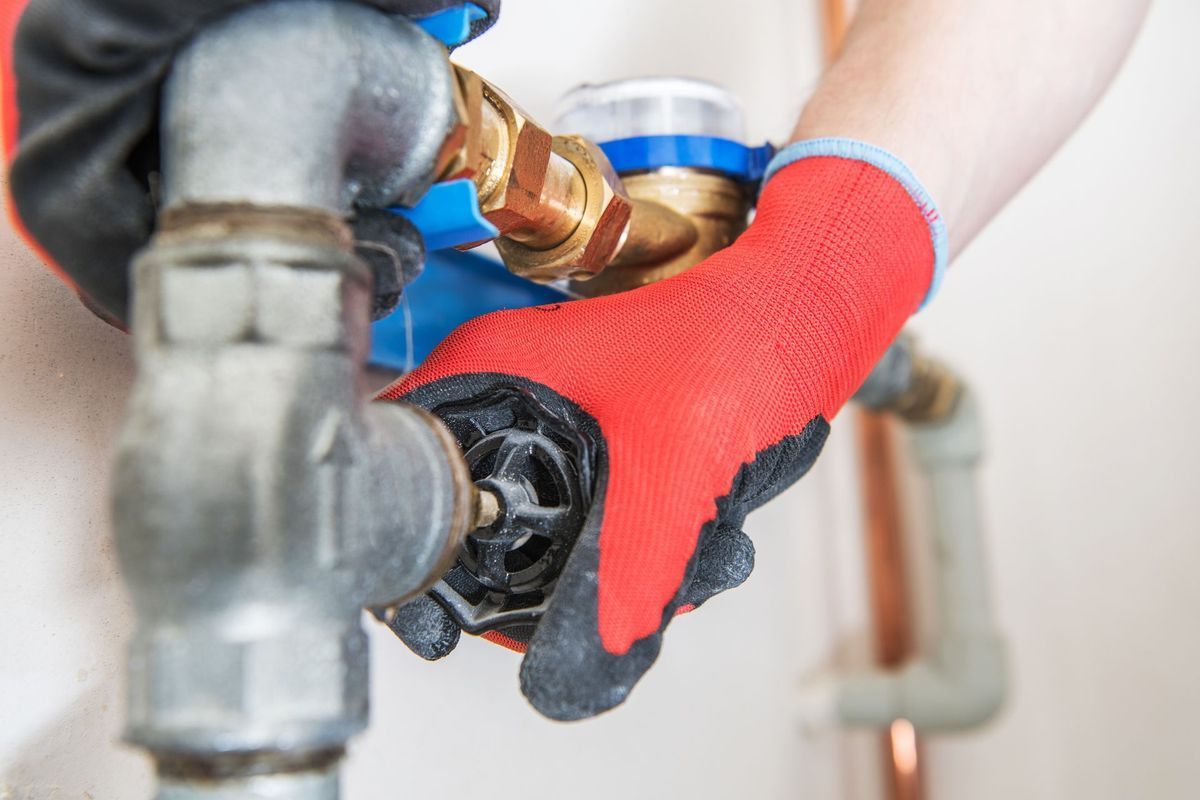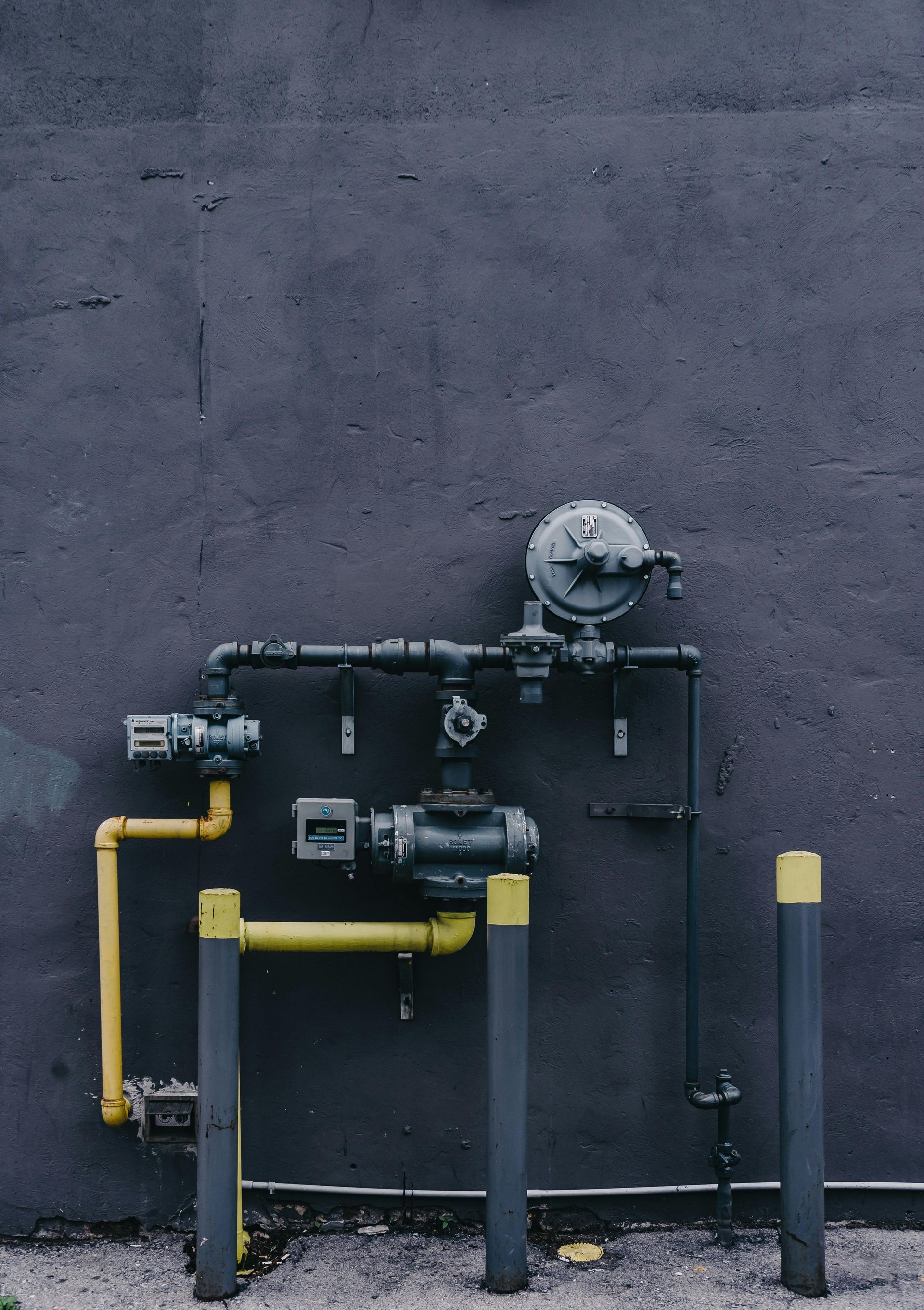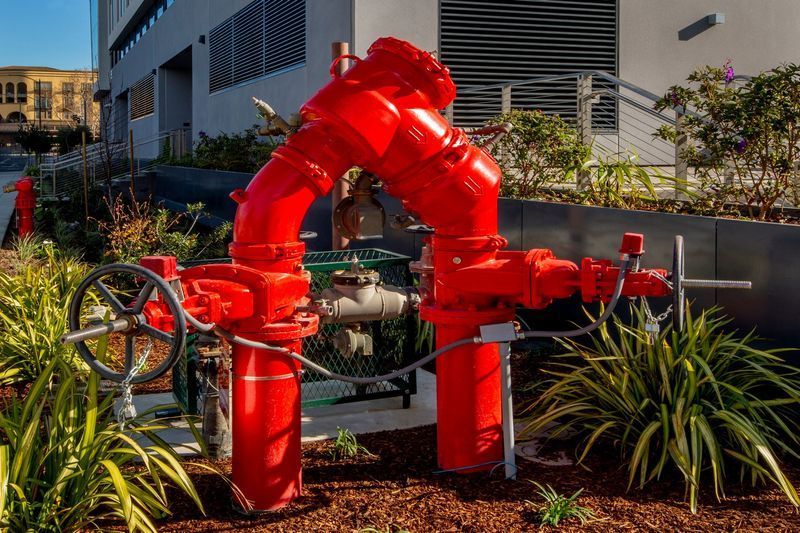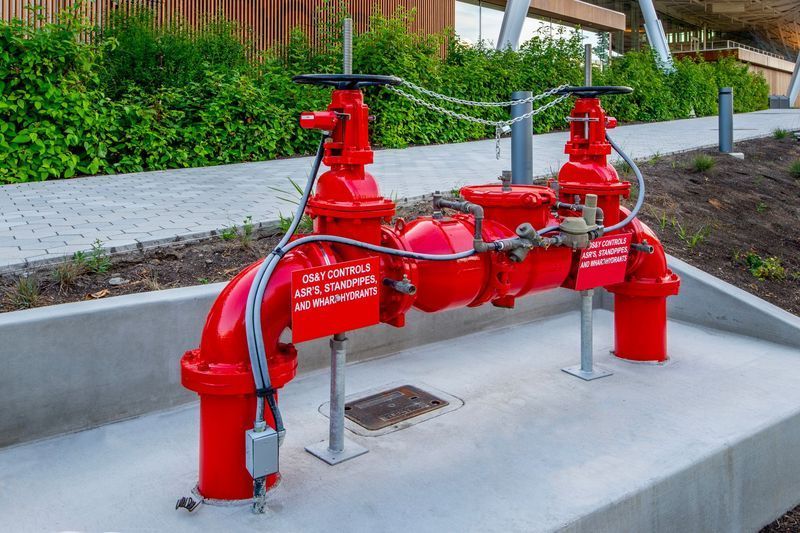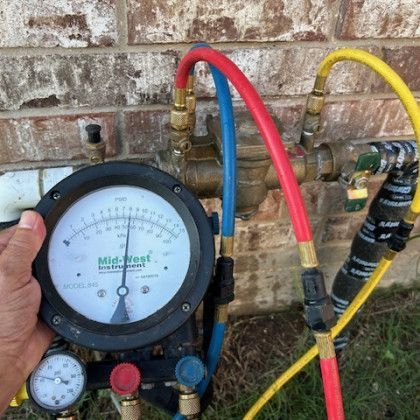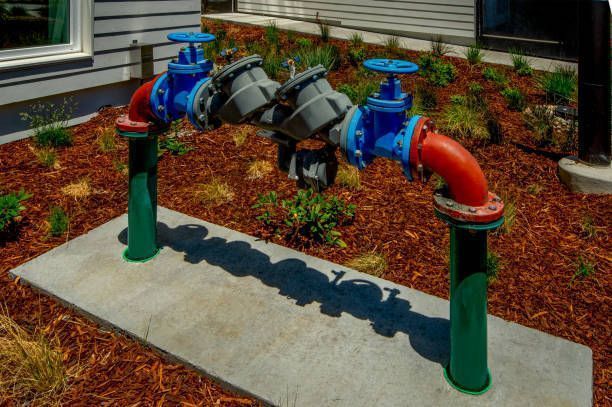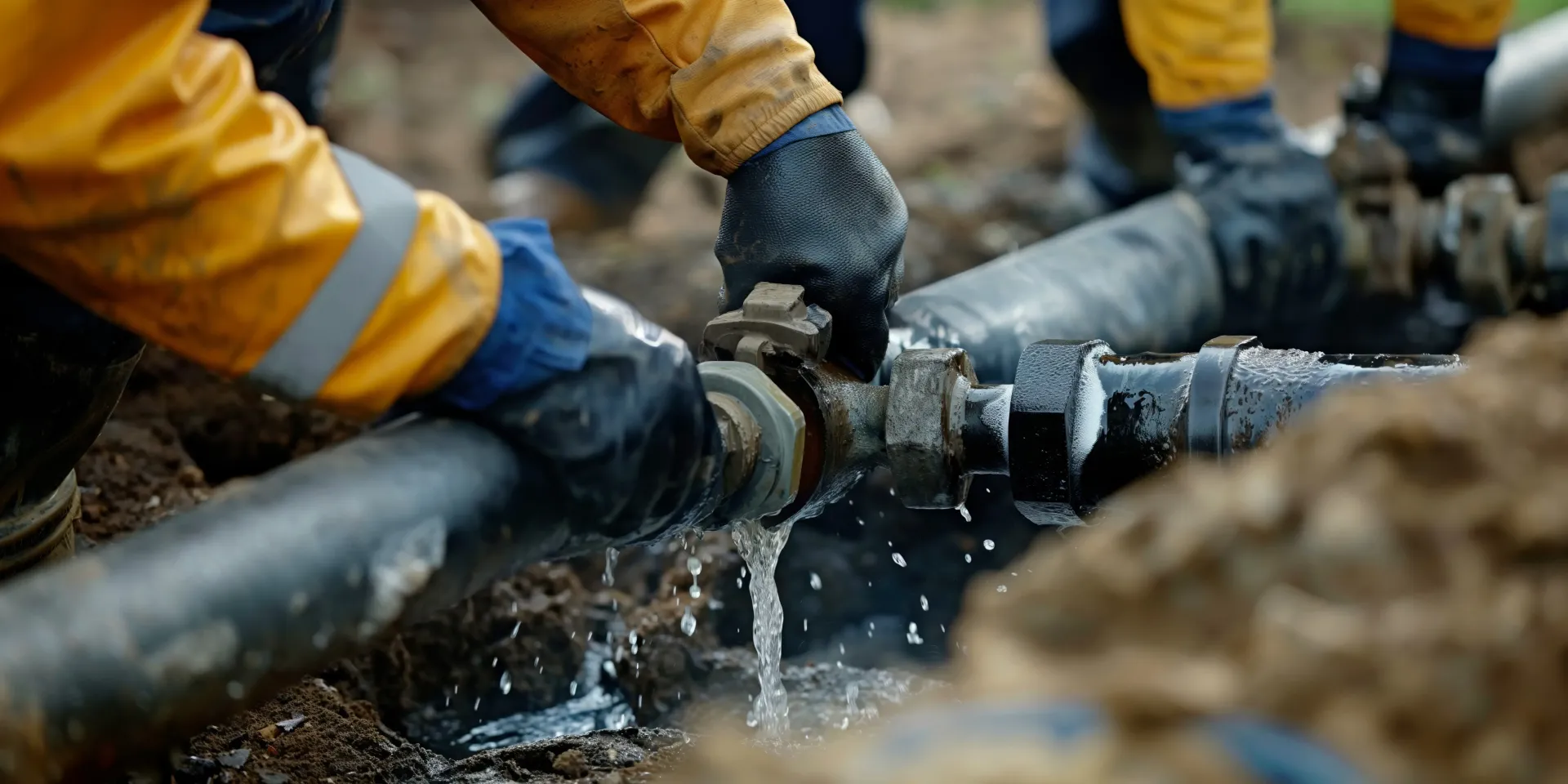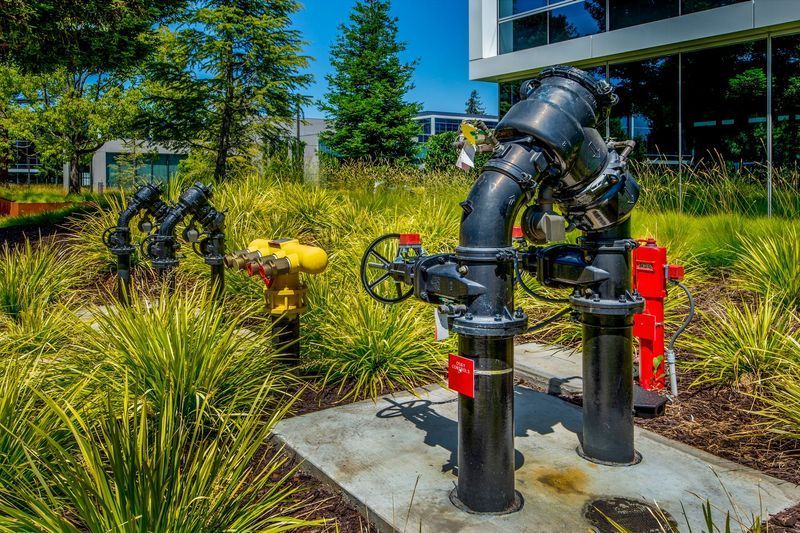How Backflow Can Contaminate Your Water Supply in Texas
Access to clean and safe water is something most Texans take for granted. However, hidden risks within your plumbing system can threaten that safety. One of the most dangerous yet often overlooked hazards is backflow contamination. If not properly managed, backflow can allow harmful substances like pesticides, fertilizers, or even sewage to enter your drinking water. This is why professional
backflow water testing and prevention are critical for homes, businesses, and commercial facilities throughout Texas.
In this article, we’ll explain what backflow is, how it contaminates your water supply, why backflow prevention is essential, and how
backflow testing companies like
Central Texas Backflow in Killeen, TX, protect your health and property.
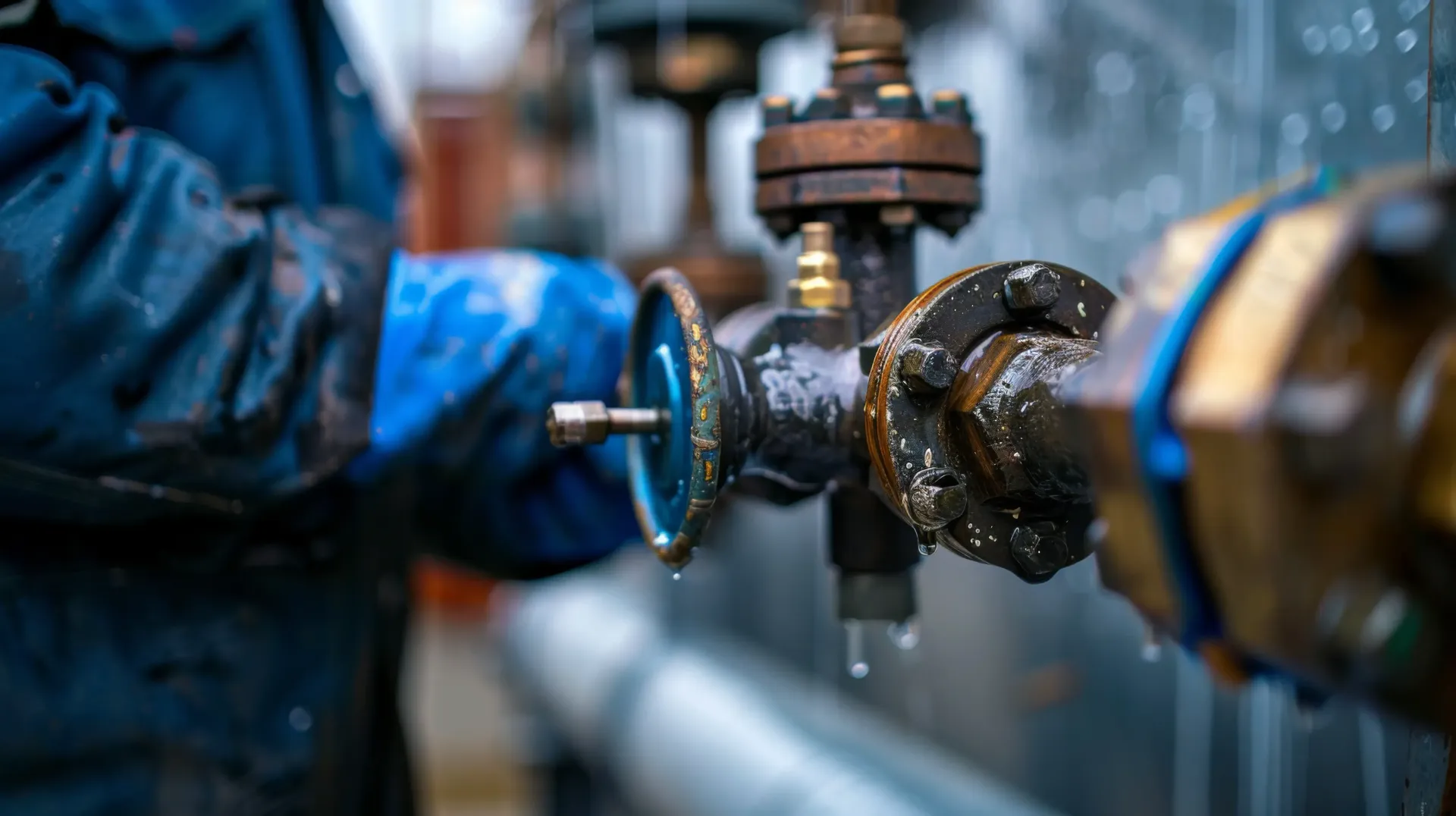
What Is Backflow and Why Does It Matter?
Water flows backward in your plumbing system when backflow happens. Normally, water moves under pressure from the public supply into your home or business. But if there’s a sudden change in water pressure—such as during a main break, firefighting, or high demand—contaminated water from your property can be sucked back into the clean water supply.
For example, if you’re using a garden hose connected to a pesticide sprayer and the water pressure drops, chemicals can backflow into your household supply. The same can happen in commercial settings where chemicals, cleaning solutions, or wastewater are present. Without proper backflow prevention, these pollutants can spread throughout the public water system, putting your family and community at risk.
Common Causes of Backflow Contamination
Understanding how backflow happens helps highlight the importance of backflow prevention information. Here are some of the most common causes in Texas homes and businesses:
- Back siphonage – When water pressure drops, contaminated water can be siphoned backward into clean lines.
- Back pressure – This occurs when pressure inside your system is greater than the supply line, forcing potentially unsafe water backward.
- Cross-connections – When a clean water line connects directly to a non-potable water source, it creates a risk point for contamination.
- Irrigation systems – Fertilizers and lawn chemicals can easily flow back into your drinking water if proper devices are not installed.
- Industrial equipment – Manufacturing and commercial operations often use chemicals that can backflow into water supplies if unprotected.
Every property, whether residential or commercial, has the potential for backflow risks. That’s why testing and prevention are not just important—they’re often required by Texas regulations.
How Backflow Testing Protects Your Water Supply
Routine
backflow water testing ensures that prevention devices, such as backflow preventers and check valves, are functioning correctly. These devices are designed to stop contaminated water from reversing flow, but they must be tested annually to remain compliant and effective.
Here’s how professional backflow testing works:
- Inspection of the system – Certified testers locate all backflow prevention devices and evaluate them for wear, leaks, or malfunctions.
- Performance testing – Specialized gauges measure the device’s ability to maintain proper flow direction under different pressure conditions.
- Repairs or replacements – If a device fails, repairs or a replacement may be needed immediately.
- Compliance reporting – Many municipalities in Texas require proof of annual testing. Certified companies like Central Texas Backflow provide proper documentation.
Without testing, you may not even realize your backflow preventer has failed until contamination has already entered your water supply.
Why Choose Professional Backflow Testing Companies in Texas
While some plumbing contractors offer testing, not all are licensed or certified specifically for backflow. Choosing specialized
backflow testing companies ensures you’re working with experts who understand the risks, regulations, and proper testing procedures.
At
Central Texas Backflow, we focus solely on protecting water supplies across the region. Here’s why homeowners and businesses in Killeen and beyond rely on us:
- Certified testers – Our team is licensed and trained specifically for backflow prevention.
- Local knowledge – We understand Texas water codes and municipal requirements.
- Accurate reporting – We provide official documentation for compliance with city or county regulations.
- Comprehensive service – From testing and maintenance to repairs and replacements, we handle it all.
Working with professionals ensures peace of mind that your water supply remains safe and compliant year-round.
Steps You Can Take to Prevent Backflow Issues
While annual testing is critical, there are additional steps property owners in Texas can take to minimize risks.
- Install approved backflow prevention devices – Especially for irrigation systems, pools, and commercial equipment.
- Schedule regular inspections – Don’t wait until there’s a problem. Preventative maintenance is key.
- Know your cross-connections – Be mindful of where your clean water system connects with non-potable water sources.
- Work with a certified tester – Only licensed professionals can provide reliable backflow prevention information and testing results.
- Stay compliant with local regulations – Many Texas cities require annual testing by certified testers, and failure to comply may result in fines.
By combining proactive maintenance with professional testing, you can significantly reduce the risk of backflow contamination.
Contact Central Texas Backflow for Reliable Backflow Testing in Texas
Protecting your family, business, and community starts with proper backflow prevention. At
Central Texas Backflow, we are committed to keeping your water safe with certified
backflow testing,
inspections, and
repairs.
If you're in or around Killeen, TX, don't wait for a problem to happen. Call us today at
(979) 530-5300 to schedule professional backflow water testing. We can help you meet compliance requirements and keep your water supply safe and clean.
FAQs
What is backflow water testing, and why is it necessary?
Backflow water testing checks the prevention devices to ensure they are working properly. It’s necessary because failed devices can allow contaminants into your drinking water.
How often should backflow testing be done in Texas?
Most Texas municipalities require annual backflow testing by a certified tester. Regular testing ensures safety and compliance.
Can I test my own backflow preventer?
No. Texas requires testing to be performed by licensed professionals with the proper equipment and certifications.
What happens if my backflow device fails testing?
If a device fails, it must be repaired or replaced immediately to prevent contamination. Certified testers provide documentation after the issue is resolved.
How do I know if I need backflow prevention at my property?
Any property with irrigation systems, pools, or cross-connections is at risk. Most commercial buildings are required by law to have backflow prevention devices in place.
